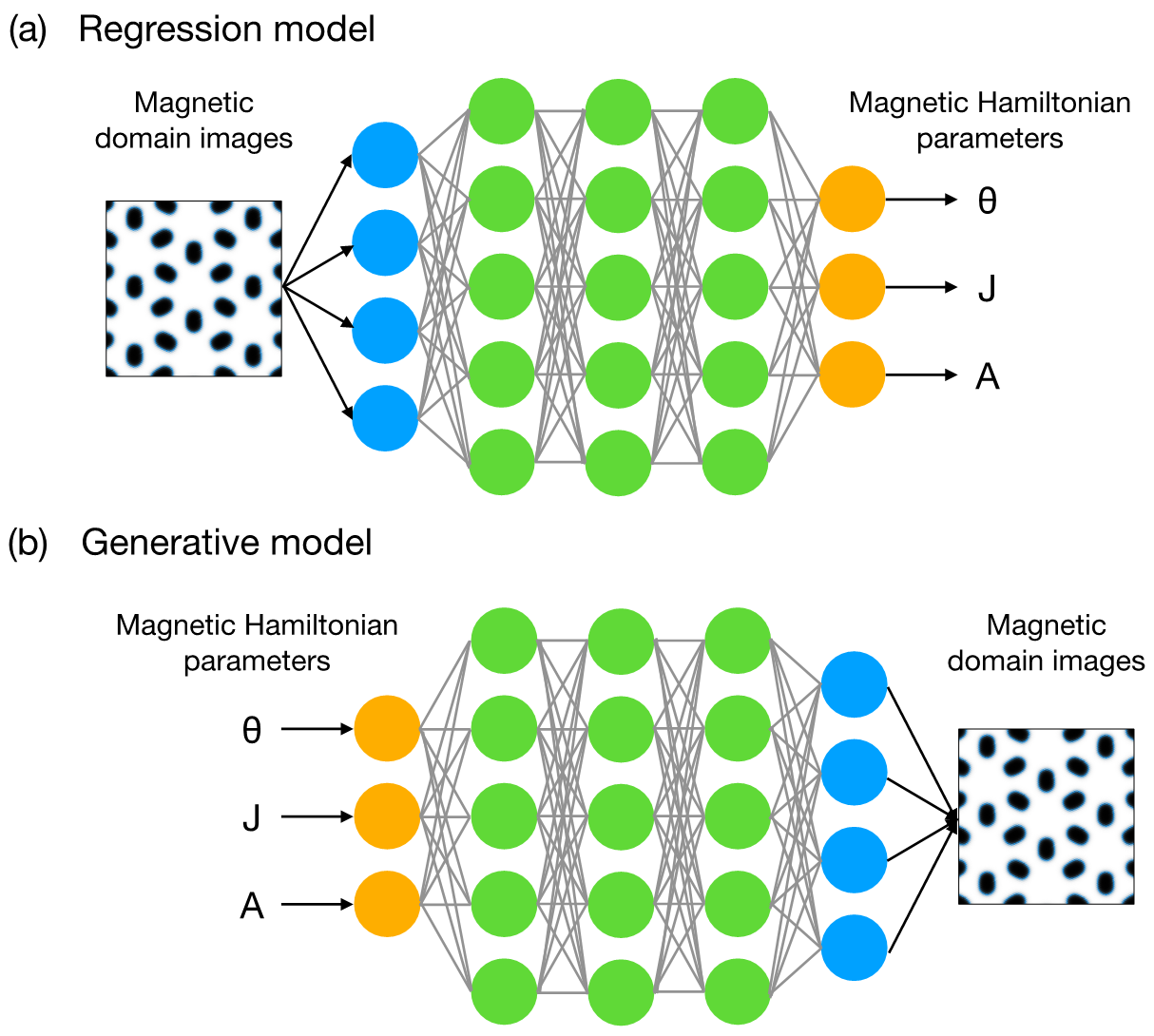주메뉴
- About IBS 연구원소개
-
Research Centers
연구단소개
- Research Outcomes
- Mathematics
- Physics
- Center for Underground Physics
- Center for Theoretical Physics of the Universe (Particle Theory and Cosmology Group)
- Center for Theoretical Physics of the Universe (Cosmology, Gravity and Astroparticle Physics Group)
- Dark Matter Axion Group
- Center for Artificial Low Dimensional Electronic Systems
- Center for Theoretical Physics of Complex Systems
- Center for Quantum Nanoscience
- Center for Exotic Nuclear Studies
- Center for Van der Waals Quantum Solids
- Center for Relativistic Laser Science
- Chemistry
- Life Sciences
- Earth Science
- Interdisciplinary
- Center for Neuroscience Imaging Research (Neuro Technology Group)
- Center for Neuroscience Imaging Research (Cognitive and Computational Neuroscience Group)
- Center for Algorithmic and Robotized Synthesis
- Center for Genome Engineering
- Center for Nanomedicine
- Center for Biomolecular and Cellular Structure
- Center for 2D Quantum Heterostructures
- Center for Quantum Conversion Research
- Institutes
- Korea Virus Research Institute
- News Center 뉴스 센터
- Career 인재초빙
- Living in Korea IBS School-UST
- IBS School 윤리경영


주메뉴
- About IBS
-
Research Centers
- Research Outcomes
- Mathematics
- Physics
- Center for Underground Physics
- Center for Theoretical Physics of the Universe (Particle Theory and Cosmology Group)
- Center for Theoretical Physics of the Universe (Cosmology, Gravity and Astroparticle Physics Group)
- Dark Matter Axion Group
- Center for Artificial Low Dimensional Electronic Systems
- Center for Theoretical Physics of Complex Systems
- Center for Quantum Nanoscience
- Center for Exotic Nuclear Studies
- Center for Van der Waals Quantum Solids
- Center for Relativistic Laser Science
- Chemistry
- Life Sciences
- Earth Science
- Interdisciplinary
- Center for Neuroscience Imaging Research (Neuro Technology Group)
- Center for Neuroscience Imaging Research (Cognitive and Computational Neuroscience Group)
- Center for Algorithmic and Robotized Synthesis
- Center for Genome Engineering
- Center for Nanomedicine
- Center for Biomolecular and Cellular Structure
- Center for 2D Quantum Heterostructures
- Center for Quantum Conversion Research
- Institutes
- Korea Virus Research Institute
- News Center
- Career
- Living in Korea
- IBS School
News Center
Artificial Intelligence for Studying Twisted Van Der Waals MagnetsResearchers at the Institute for Basic Science (IBS) in South Korea have developed artificial intelligence techniques for analyzing twisted van der Waals magnets. Spearheaded by Dr. KIM Kyoung-Min from the IBS Center for Theoretical Physics of Complex Systems, these innovative techniques enable a streamlined and reliable analysis of these complex systems, eliminating the need for previous resource-intensive simulations and marking a significant advancement in the field. Theoretical analysis of twisted van der Waals magnets has traditionally relied on atomistic spin simulations to accurately model intricate magnetic interactions. While precise, these methods are hindered by their resource-intensive nature. Approximation approaches have been developed to address this issue, but they often lack accuracy. Consequently, there is a crucial need for theoretical frameworks that are both efficient and reliable to advance this field. To address these challenges, the research team developed two innovative deep neural network models: a regression model and a generative model. The regression model's neural networks can predict the magnetic parameters of twisted bilayer CrI3 from magnetic domain images generated through atomistic spin simulations. Conversely, the generative model's neural networks can produce precise magnetic domain images from given magnetic parameters. Once trained, these networks can generate the desired data without requiring time-consuming simulations, greatly reducing the necessary computing resources. The team demonstrated that their trained neural networks can make highly precise predictions that align with simulation data. They further validated that their networks retain predictive power even with noisy data. This analysis suggests that their methods can be effectively applied to imperfect data, such as experimental data, and can be used in both numerical simulation studies and experimental investigations. “The field of twisted van der Waals magnets has great potential, and understanding the interplay between intricate magnetic interactions in these systems is crucial,” remarked Dr. KIM Kyoung-Min, the corresponding author of this study. “Our deep learning methods make significant advancements in this pursuit by offering highly accurate data generation without resource-intensive simulations. Leveraging our streamlined techniques, future investigations can greatly benefit, potentially applying twisted van der Waals magnets in the development of new nanoscale magnetic devices.”
Notes for editors
- References
- Media Contact
- About the Institute for Basic Science (IBS)
|
| Next | |
|---|---|
| before |
- Content Manager
- Public Relations Team : Yim Ji Yeob 042-878-8173
- Last Update 2023-11-28 14:20












